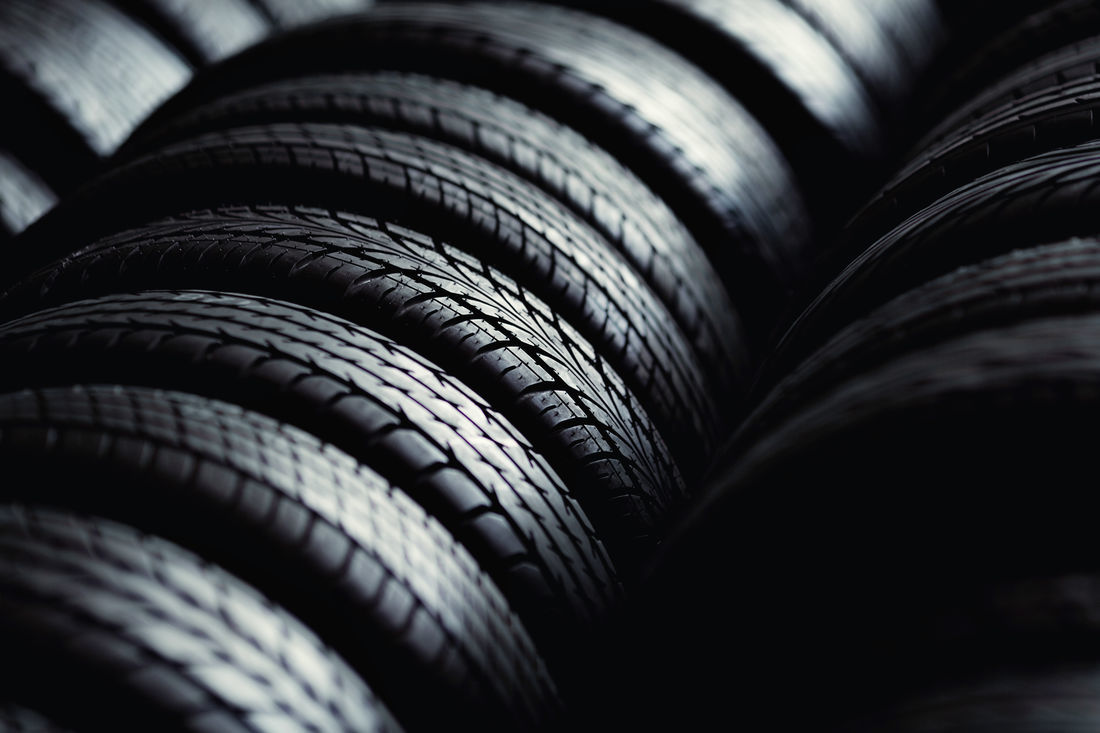When it comes to replacing the tyres on your car, there’s a lot to think about. What’s your budget? What are your priorities? Would your car be better suited to soft or hard tyres? And that’s just the starting point. Since we all use our vehicles for different purposes, each of these decisions is dependent on your vehicle usage. For example, if you use a work van every day to run deliveries, your vehicle requirements will differ from someone using their car for weekend road trips or small journeys.
Here are our top tips for choosing the right option for your specific vehicle, and what you should keep in mind along the way.
Longevity
When it comes time to change around those wheels of yours, it’s important to consider how they’ll last in the long run. Depending on your vehicle requirements, your tyres may be comprised of different tread patterns and rubber mixes, which can affect grip and durability outcomes. Most of the time, soft tyres can leave more rubber on the road, so because of this, they don’t last as long as their harder counterparts.
For example, racing cars use very soft tyres that essentially keep the car on the track, but they can only last for part of a race, if that. On the other hand, harder variants may not grip as well, but they are cheaper and last longer.
Cost
Soft tyres can be more expensive than harder types, usually due to them wearing out quicker and needing to be replaced more regularly. On average, these options can last up to 20,000 km, whereas harder models can carry a lifetime of 60,000 km. Although soft tyres have a shorter life expectancy, their cornering and handling are often better, which can make for a safer driving experience.
Grip
One of the main differences between these two types is the amount of grip each one offers. Soft makes tend to provide better grip, but a drawback is that they leave more rubber on the road. When it comes to replacing them, most people opt for all-season options, as they ultimately perform well in all different types of weather. Although their performance is not as good in dry weather as high-performance tyres, they just make for a great all-round choice.
Tread Depth
Intermediate tread depth can provide a smooth and stable ride, increasing overall tyre longevity. The grooves help mud fall off the rubber, instead of sticking to them. This increases their ability to mould around uneven surfaces, further improving their ability to last. Vehicles are often pushed to their limits, so tyres need to have the ability to grip through whatever is thrown at them – whether that’s dry tarmac or thick mud. In the end, taking the time to choose the right option for your vehicle means you’re getting far more tread out of your purchase and backing your car with the best possible ability to perform.

